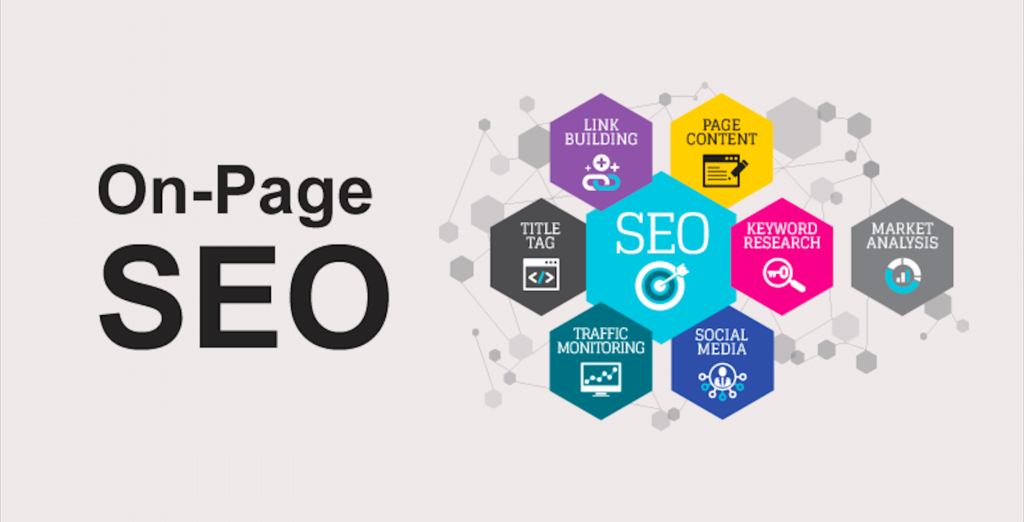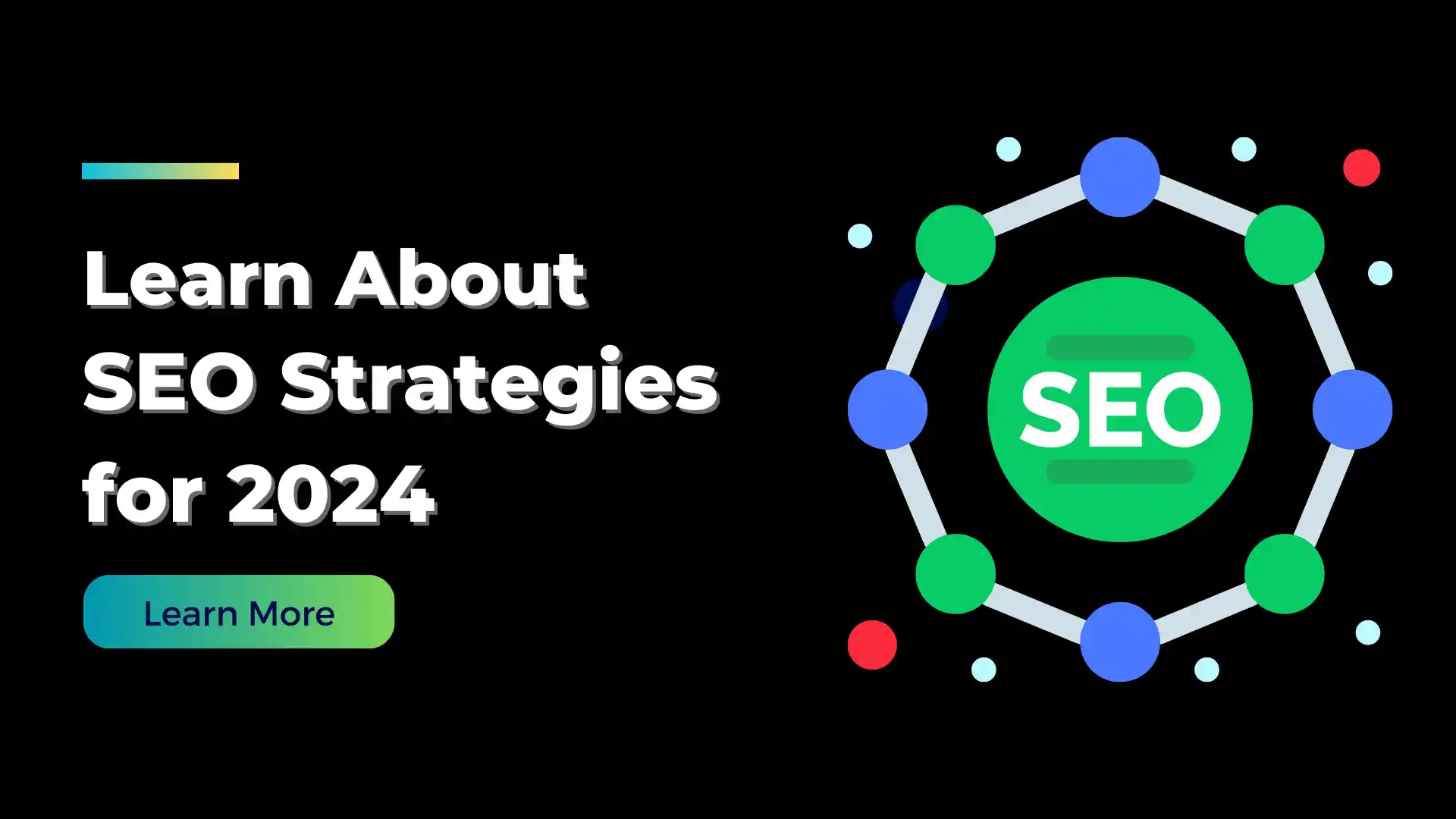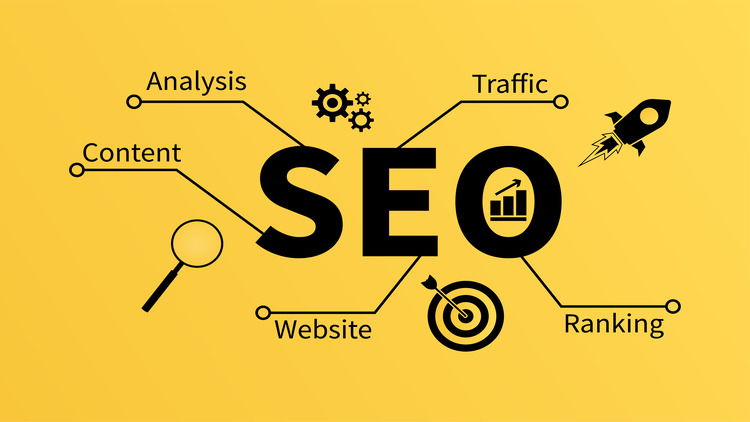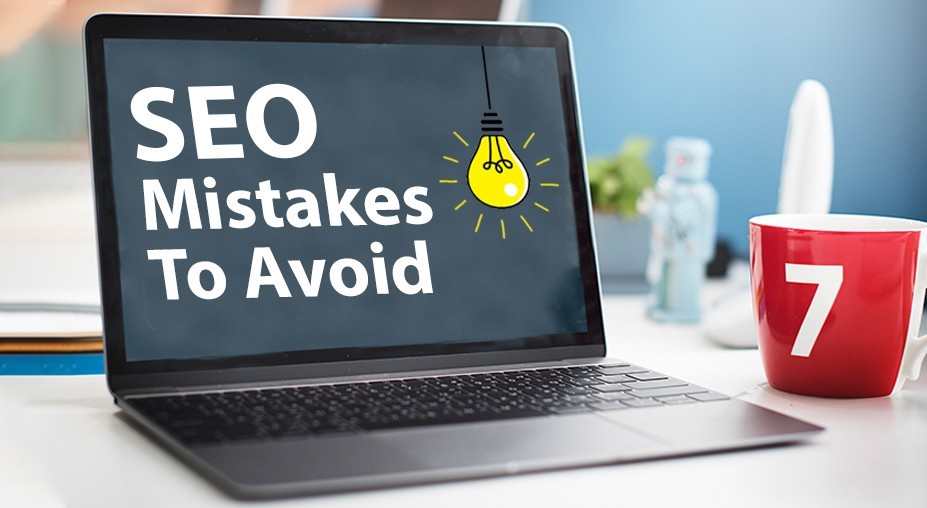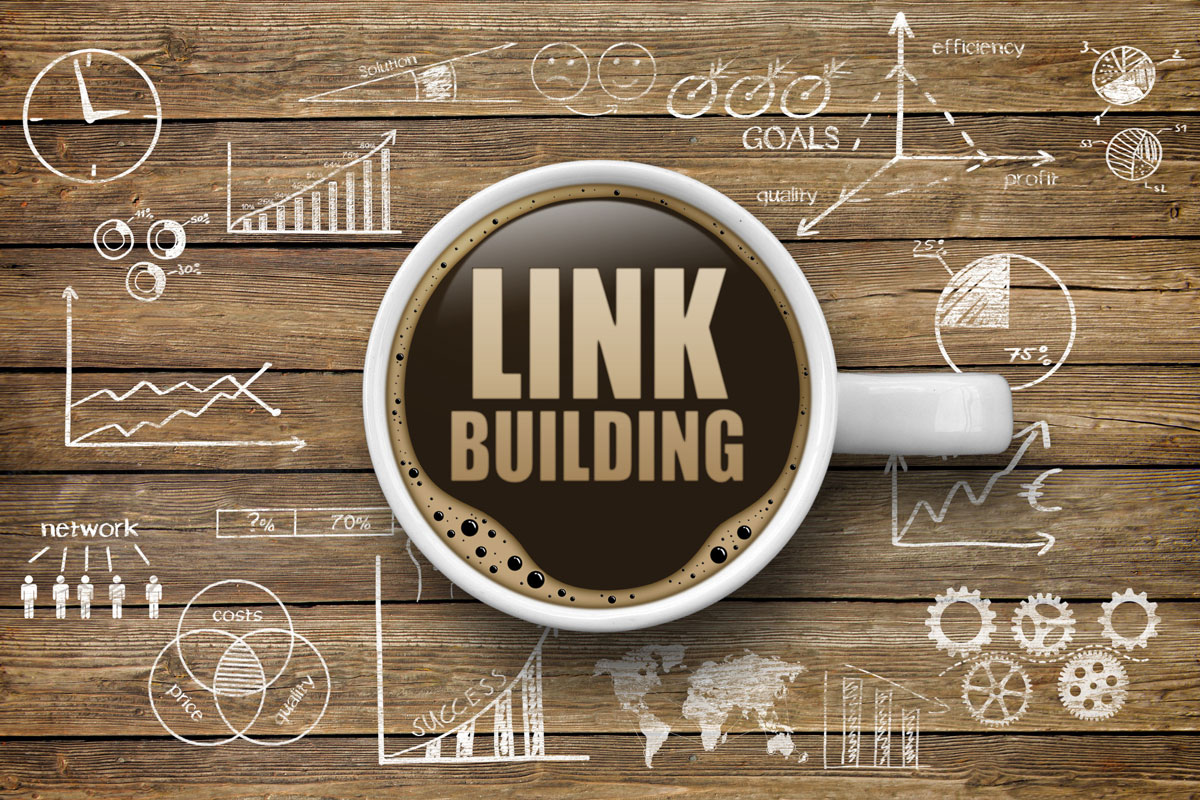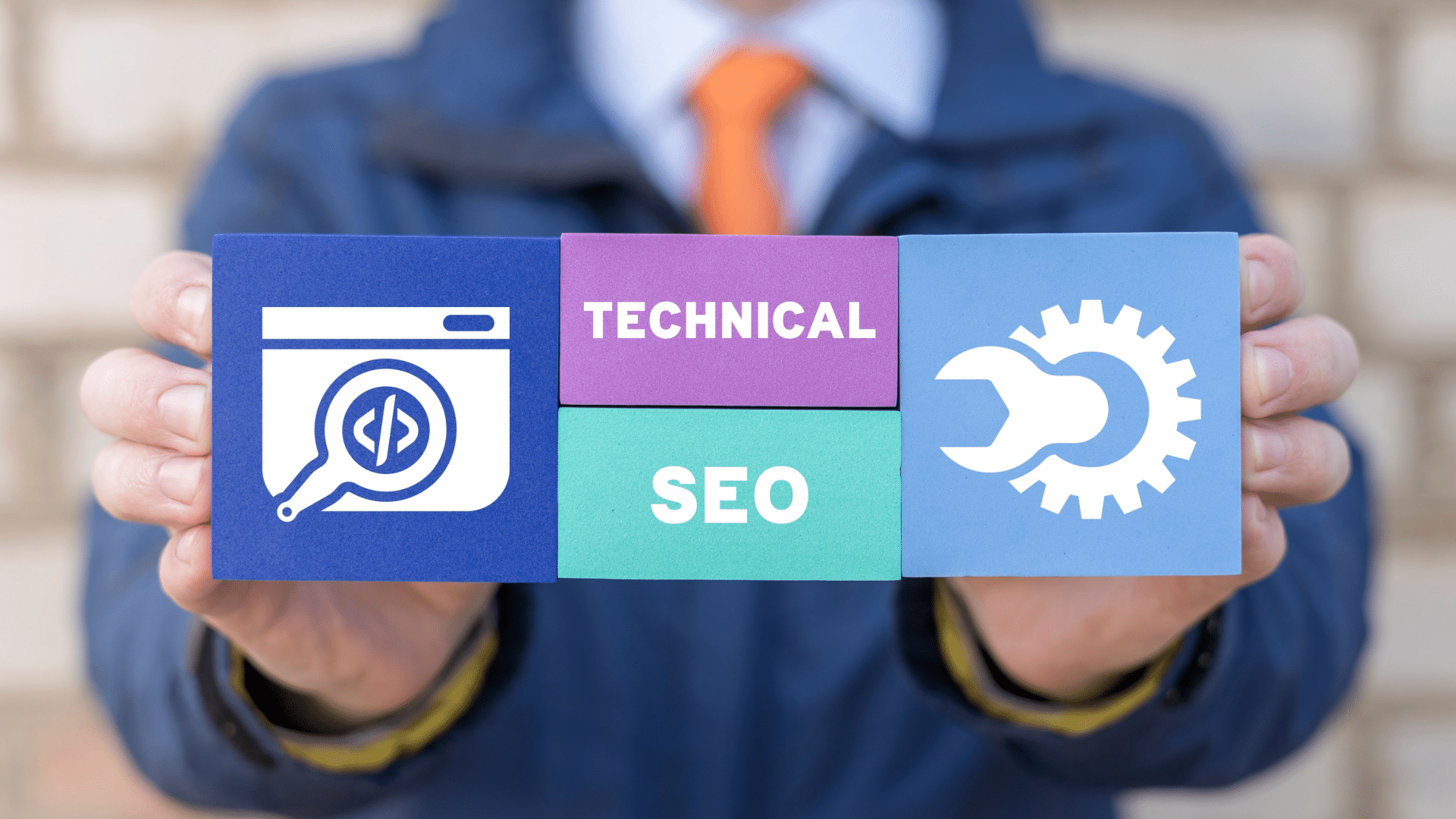On-Page SEO for Nottingham Websites is essential for local businesses aiming to improve their search visibility and attract more targeted traffic. By optimizing individual pages with locally relevant keywords, structured content, and engaging designs, businesses can enhance user experience and achieve higher search rankings.
In the competitive digital landscape of Nottingham, on-page SEO plays a vital role in helping your business rank higher in search results and attract local customers. By optimizing elements directly on your website, you improve both search engine visibility and user experience. Here’s why on-page SEO is crucial for Nottingham businesses and the key components you should focus on.
1. Target Local Keywords Effectively
Local keywords help your website attract Nottingham-based customers.
- Why It Matters: Search engines use keywords to understand your content and match it with user queries.
- How to Optimize:
- Use keywords like “cafes in Nottingham” or “Nottingham SEO experts” in titles, meta descriptions, and content.
- Include long-tail keywords that reflect local intent (e.g., “best digital marketing agency in Nottingham”).
2. Optimize Title Tags and Meta Descriptions
Title tags and meta descriptions are the first elements users see in search results.
- Why It Matters: They influence click-through rates and provide search engines with content context.
- How to Optimize:
- Use concise, keyword-rich titles (under 60 characters).
- Write engaging meta descriptions (under 155 characters) that highlight your Nottingham location.
3. Improve Content Quality and Relevance
High-quality, locally focused content keeps visitors engaged and boosts rankings.
- Why It Matters: Search engines prioritize content that answers users’ queries.
- How to Optimize:
- Create blog posts about Nottingham events, tips, or business news.
- Use clear headings and subheadings to organize content for better readability.
4. Leverage Internal Linking
Internal links help users navigate your site and improve your site structure for search engines.
- Why It Matters: They distribute link equity across your site and encourage users to explore more pages.
- How to Optimize:
- Link to related services or blog posts (e.g., “Learn more about Local SEO in Nottingham”).
- Use keyword-rich anchor text for internal links.
5. Optimize Images and Multimedia
Images enhance user engagement but need to be optimized for SEO.
- Why It Matters: Large, unoptimized images can slow down your site, affecting both rankings and user experience.
- How to Optimize:
- Use descriptive, keyword-rich alt text for all images.
- Compress images to improve load speed without compromising quality.
6. Enhance Mobile Usability
With most users accessing websites via mobile devices, mobile-friendly design is a must.
- Why It Matters: Mobile usability is a ranking factor for Google and other search engines.
- How to Optimize:
- Ensure your site’s design is responsive across all devices.
- Test your site’s mobile-friendliness using Google’s Mobile-Friendly Test tool.
7. Improve Page Speed
Fast-loading pages contribute to a better user experience and higher rankings.
- Why It Matters: Visitors are likely to leave a slow-loading site, increasing bounce rates.
- How to Optimize:
- Minify CSS, JavaScript, and HTML.
- Enable browser caching and use a content delivery network (CDN).
8. Use Structured Data (Schema Markup)
Structured data helps search engines understand your content better.
- Why It Matters: It can make your site eligible for rich snippets, improving your visibility in search results.
- How to Optimize:
- Add local business schema to display essential details like address and phone number.
- Use FAQ schema for commonly asked questions.
9. Focus on User Engagement Metrics
Google uses user engagement signals like time on page and bounce rate to evaluate content quality.
- Why It Matters: Engaged users are a signal that your content matches their search intent.
- How to Optimize:
- Create compelling, well-organized content.
- Add clear CTAs (e.g., “Contact us today!” or “Explore our services”).
10. Regularly Update and Audit Your Content
Fresh, up-to-date content keeps your site relevant for Nottingham users.
- Why It Matters: Search engines favor websites that regularly update their information.
- How to Optimize:
- Revisit old blog posts and service pages to update statistics and keywords.
- Audit your site to identify outdated content or broken links.
Conclusion: Strengthen Your Nottingham SEO with On-Page Optimization
On-page SEO is essential for building a strong foundation for your Nottingham business’s online presence. By focusing on these elements, you’ll not only improve your rankings but also create a better experience for your visitors.

